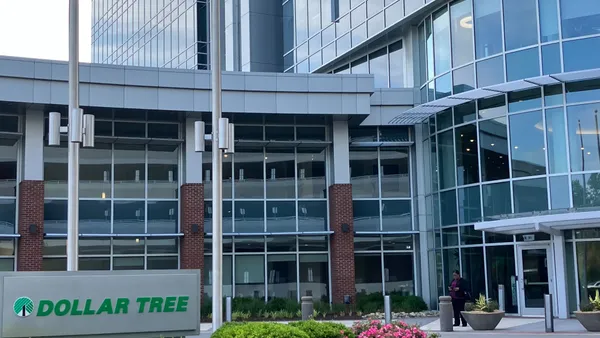Dive Brief:
- In an effort to support vanilla production, Mars is sending a team of associates to Madagascar for 10 years, Logistics Manager reported. The goal is to implement a new production model and significantly increase farmers' revenue.
- The price of vanilla has skyrocketed, Time reported, from $20 per kilo five years ago to $515 this month, making the crop highly susceptible to theft.
- A Mars executive called the situation in Madagascar "a great example of a supply chain that’s broken," where returns to farmers can be as low as 5%. The project aims to make returns 65% of the crop value.
Dive Insight:
Supplier relationship programs often promote investment in suppliers. Traditional investments have been non-financial in nature, focused on technical support, product and quality training, mentoring, shared risk or other creative ways to build bridges and improve supplier performance.
In some situations, there has been direct financial investment with suppliers, usually centered around a proprietary technology or special application, where the supplier becomes a partner or a captive supplier.
In an extended supply chain scenario, customers have been known to guarantee payments to lower-level tier suppliers when adverse financial issues arise with prime suppliers, and even have conversations with a supplier’s bankers and investors about forecasts, strategies and technologies.
Lately we have seen companies like Burberry purchase an important supplier to reduce supply chain risk. And to ensure continuity of supply in a complicated market, Apple is buying cobalt directly from miners. It is good to see Mars take it one step further and not only buy its vanilla from the source, but work with the vanilla farmers to ensure that they are successful in the long term. These suppliers will benefit from Mars’ support and expertise and also be able to earn a fair wage in a very tight market.
The key role of any supply chain management process is to ensure continuity of supply. Direct involvement into the vanilla supply chain is to make sure that Mars can get this important commodity when it needs it. What is novel is the company's approach. By working with the farmers, it is also allowing for greater supply, keeping vanilla costs down for itself and for other companies as well. Finally, Mars is supporting the regional economy, which helps the farmers, their families and all stakeholders. And that strong relationship won’t hurt when it comes time to gain access to the vanilla when shortages occur.
Far too many companies consider the social supply chain an adjunct to their existing supply management efforts. Mars is demonstrating that actively participating in the social supply chain is an effective business strategy.














